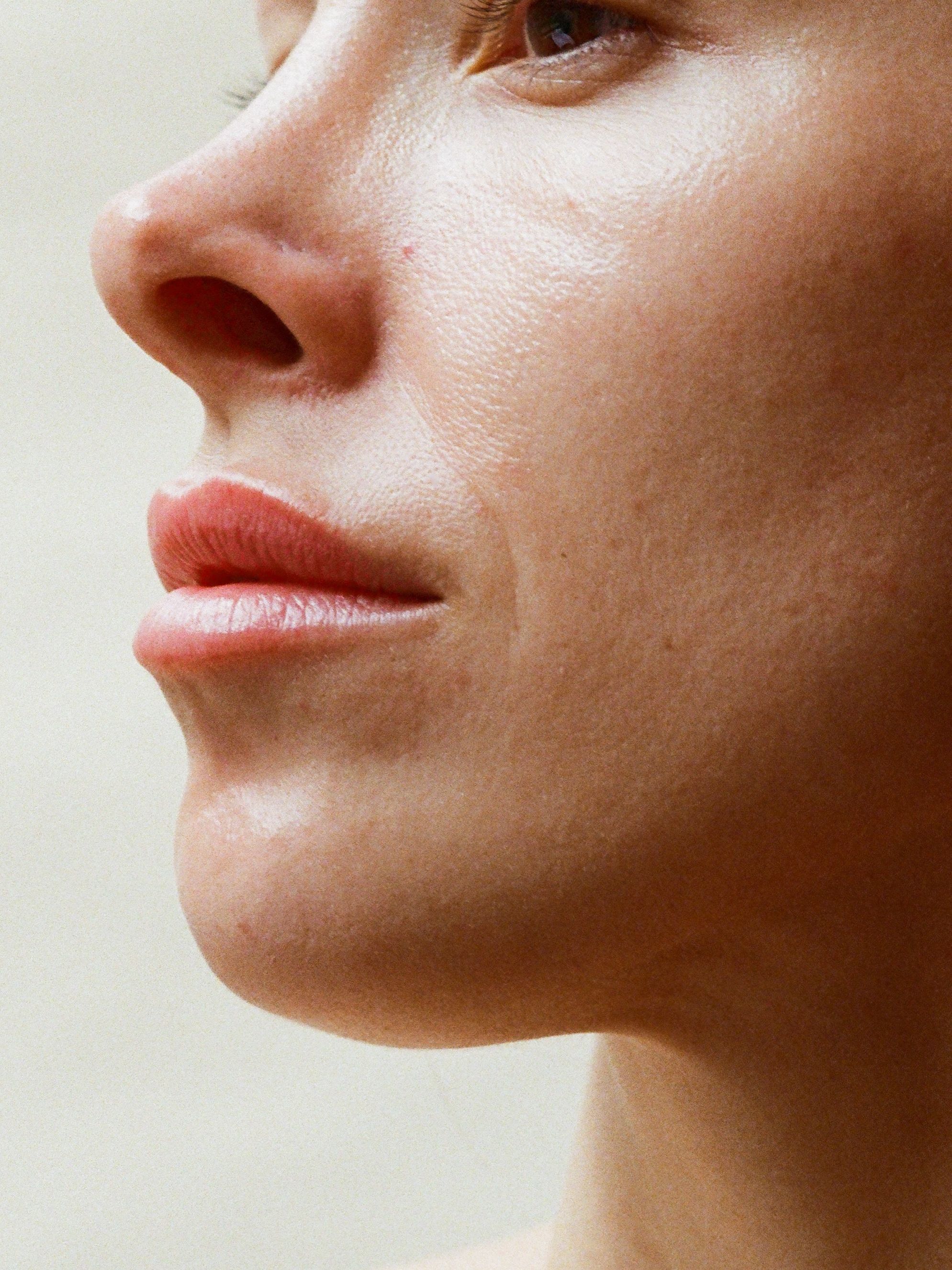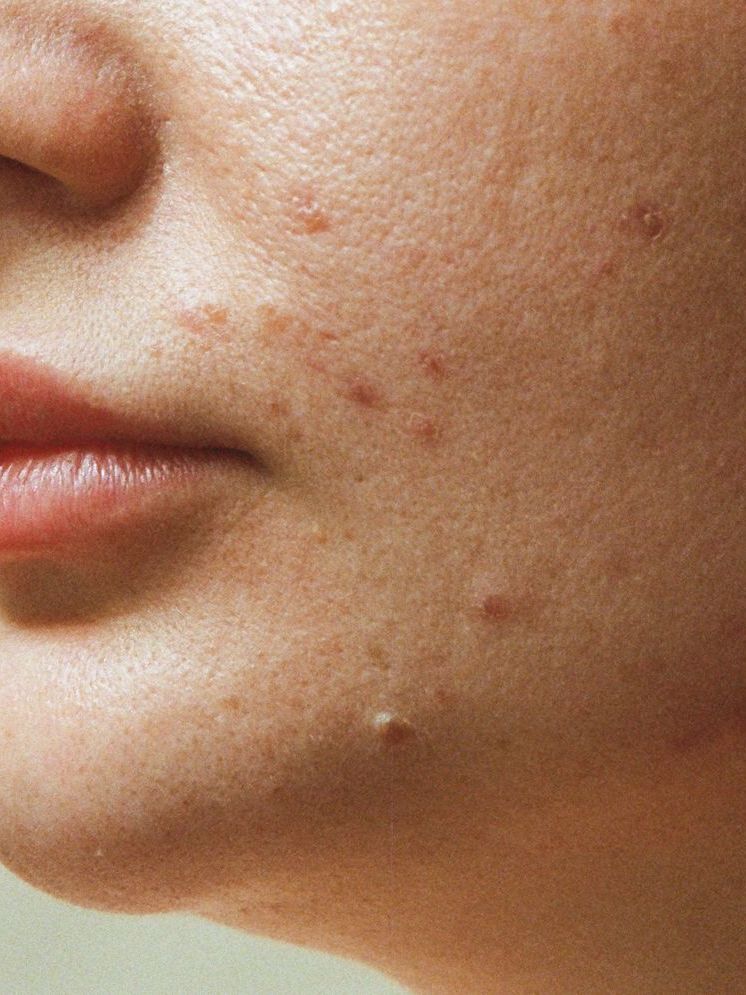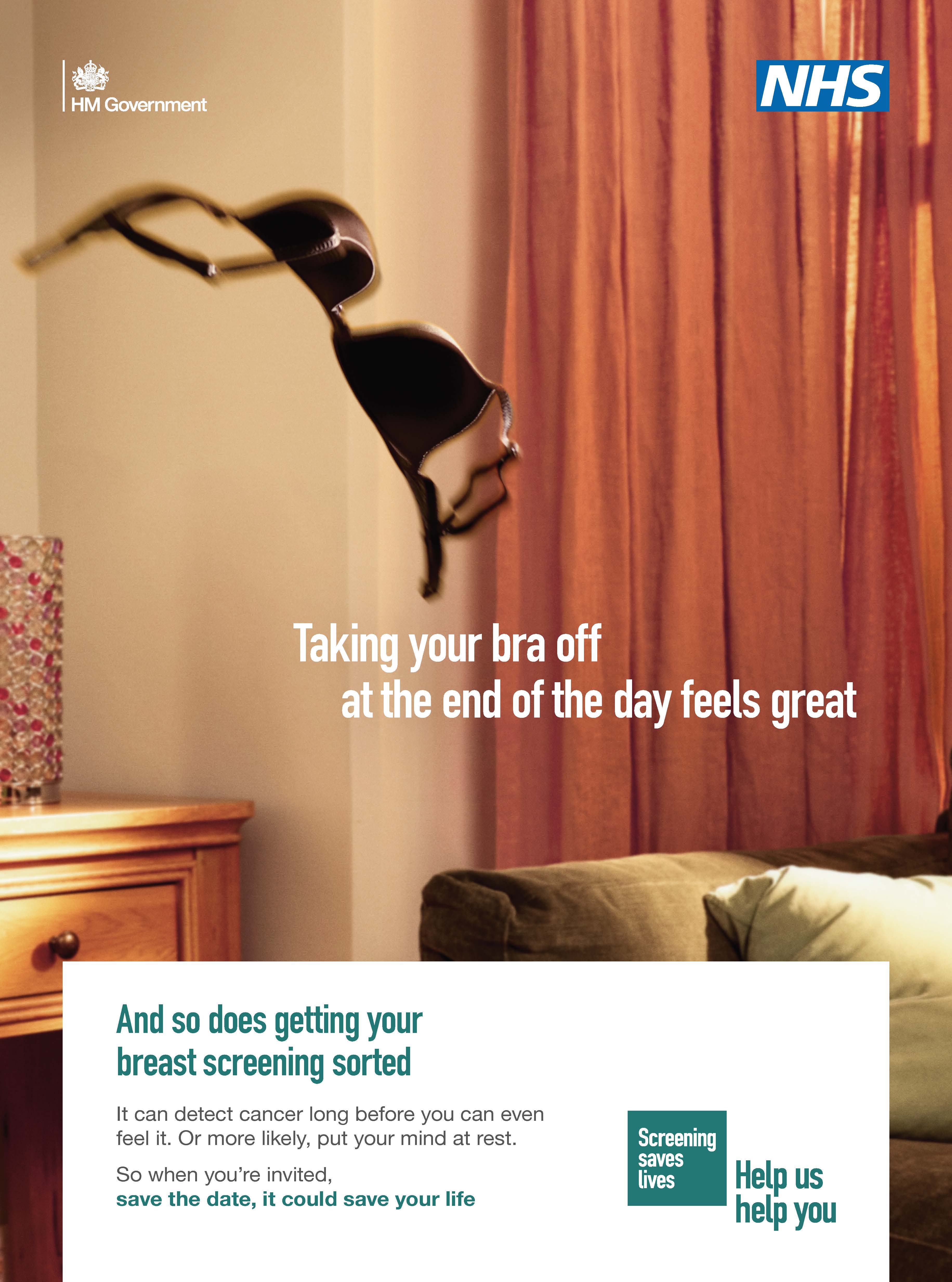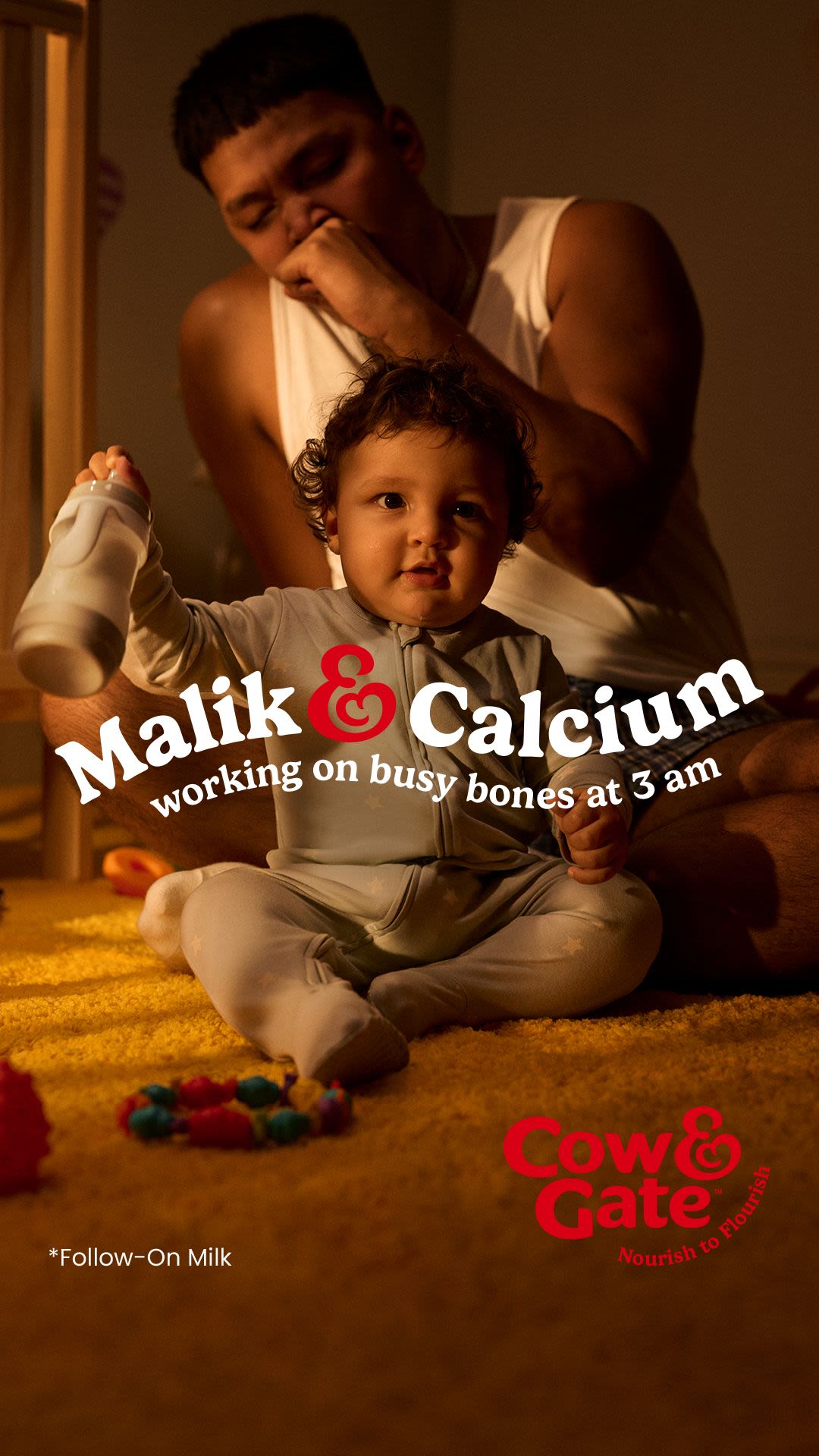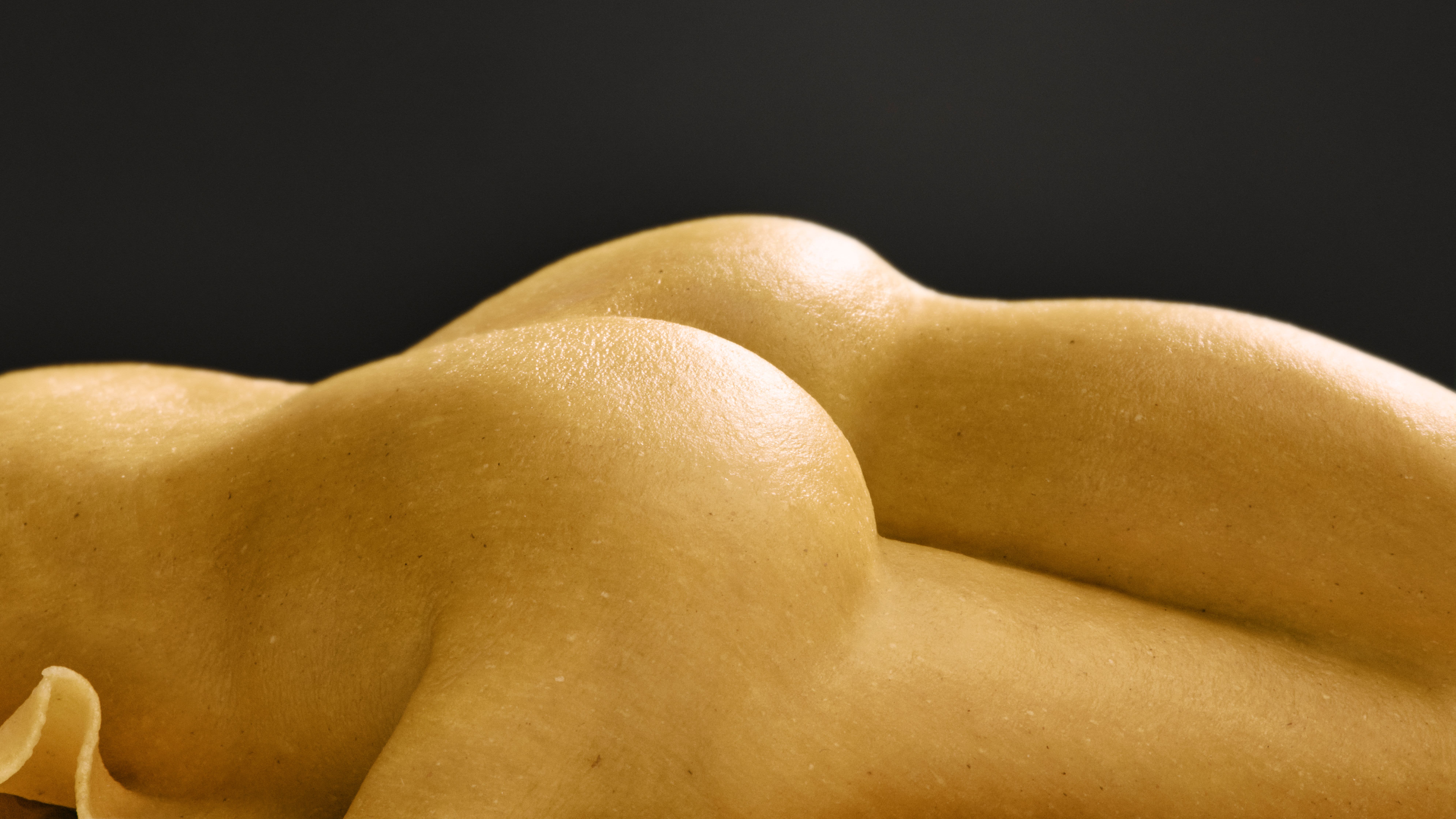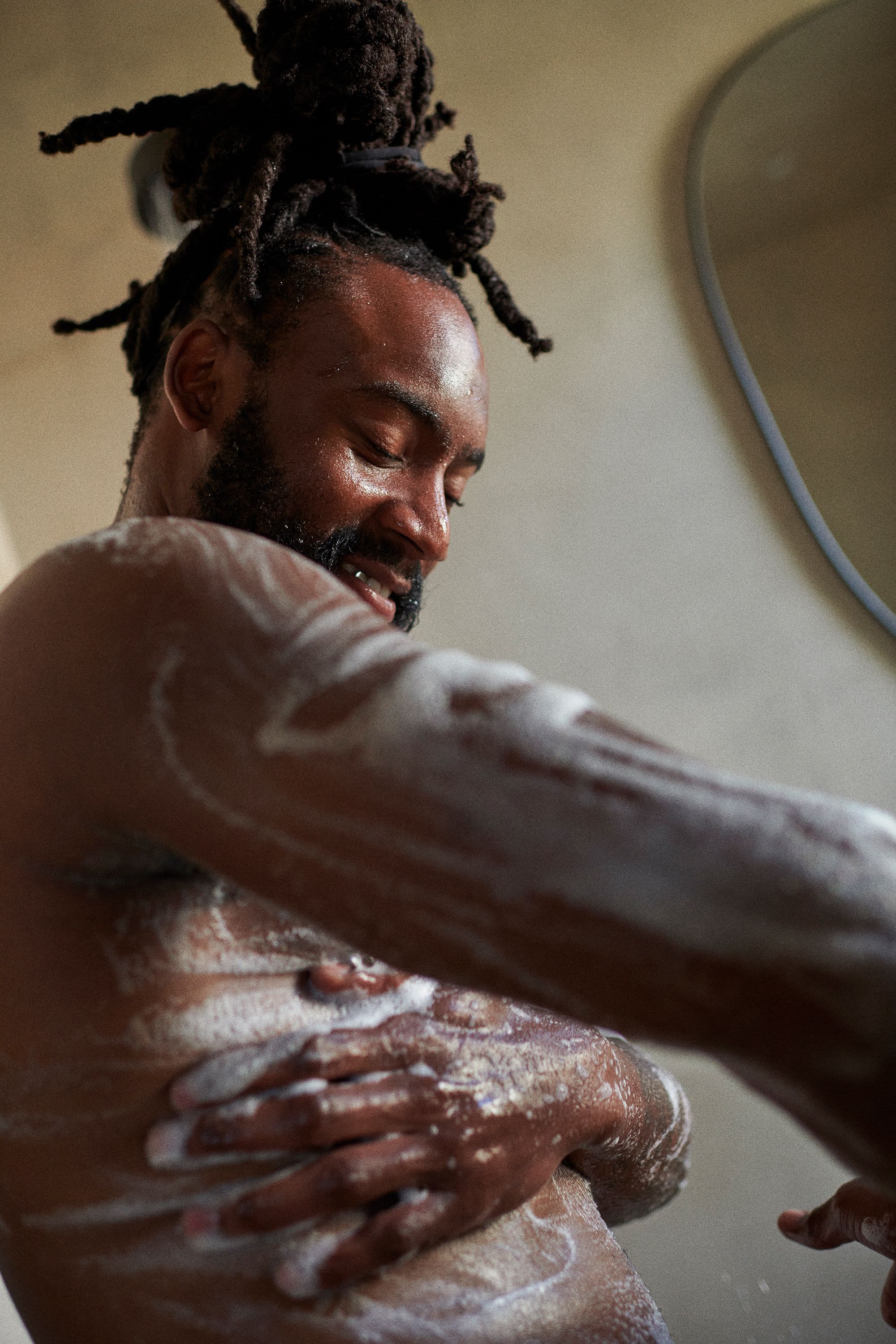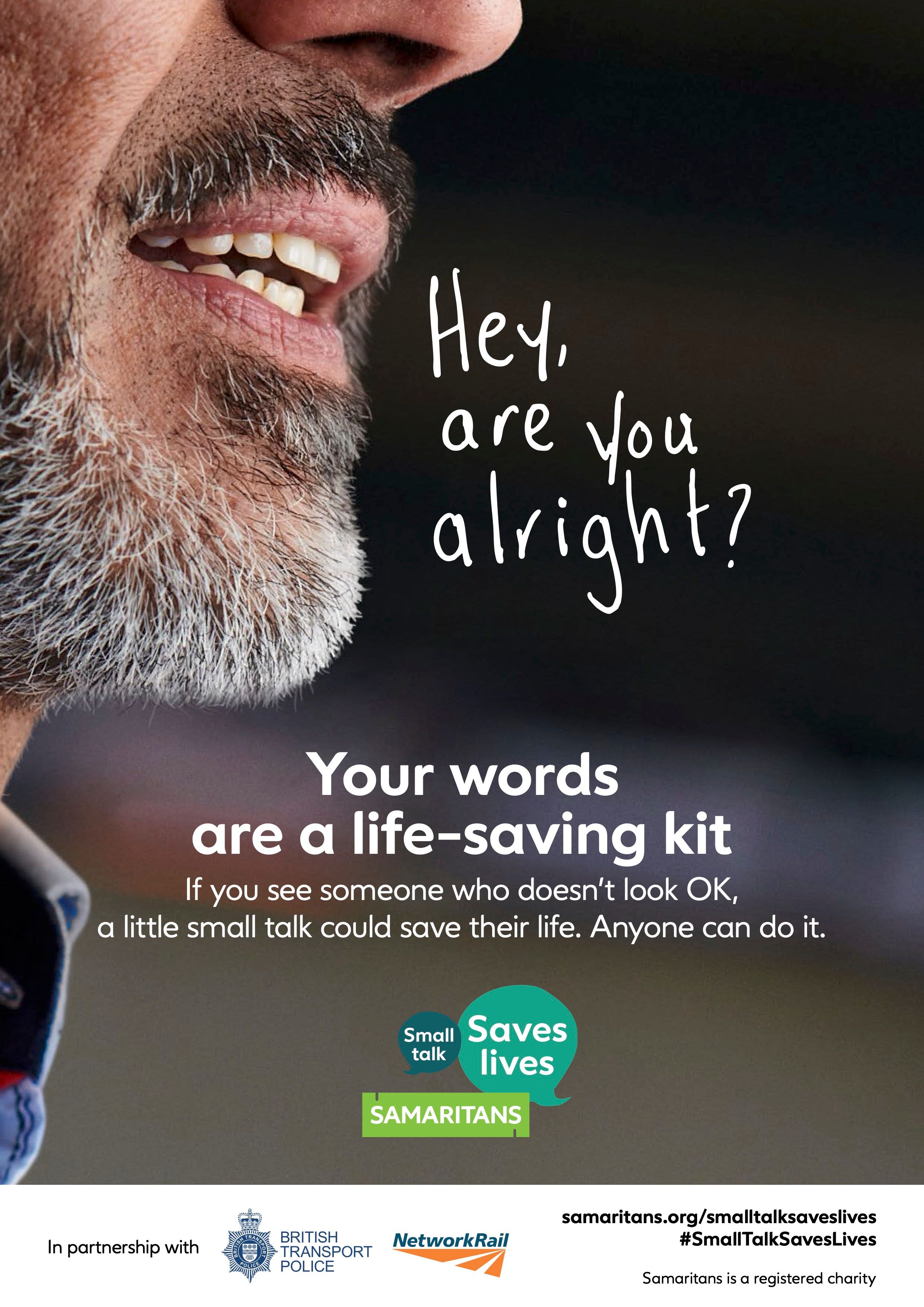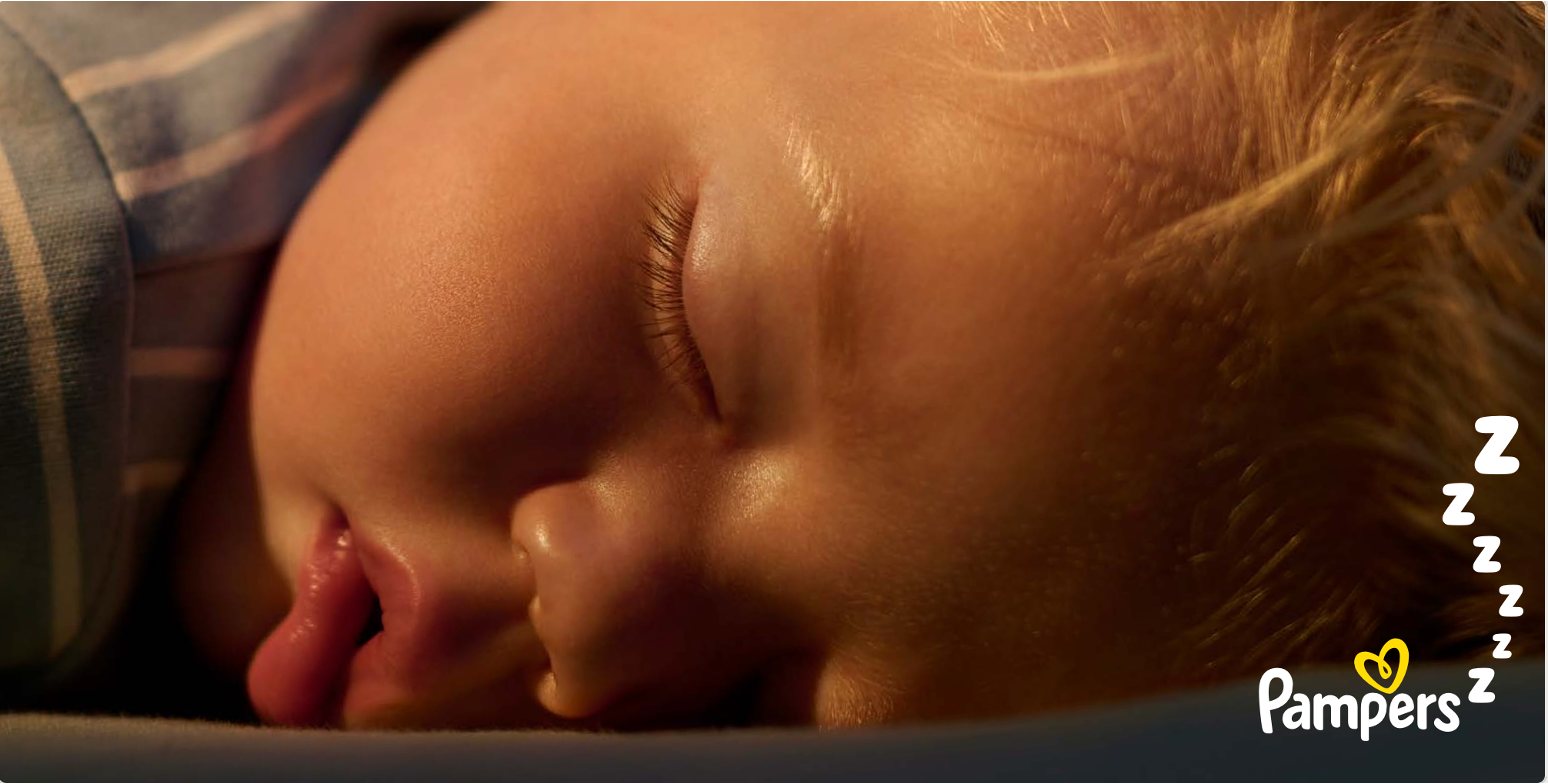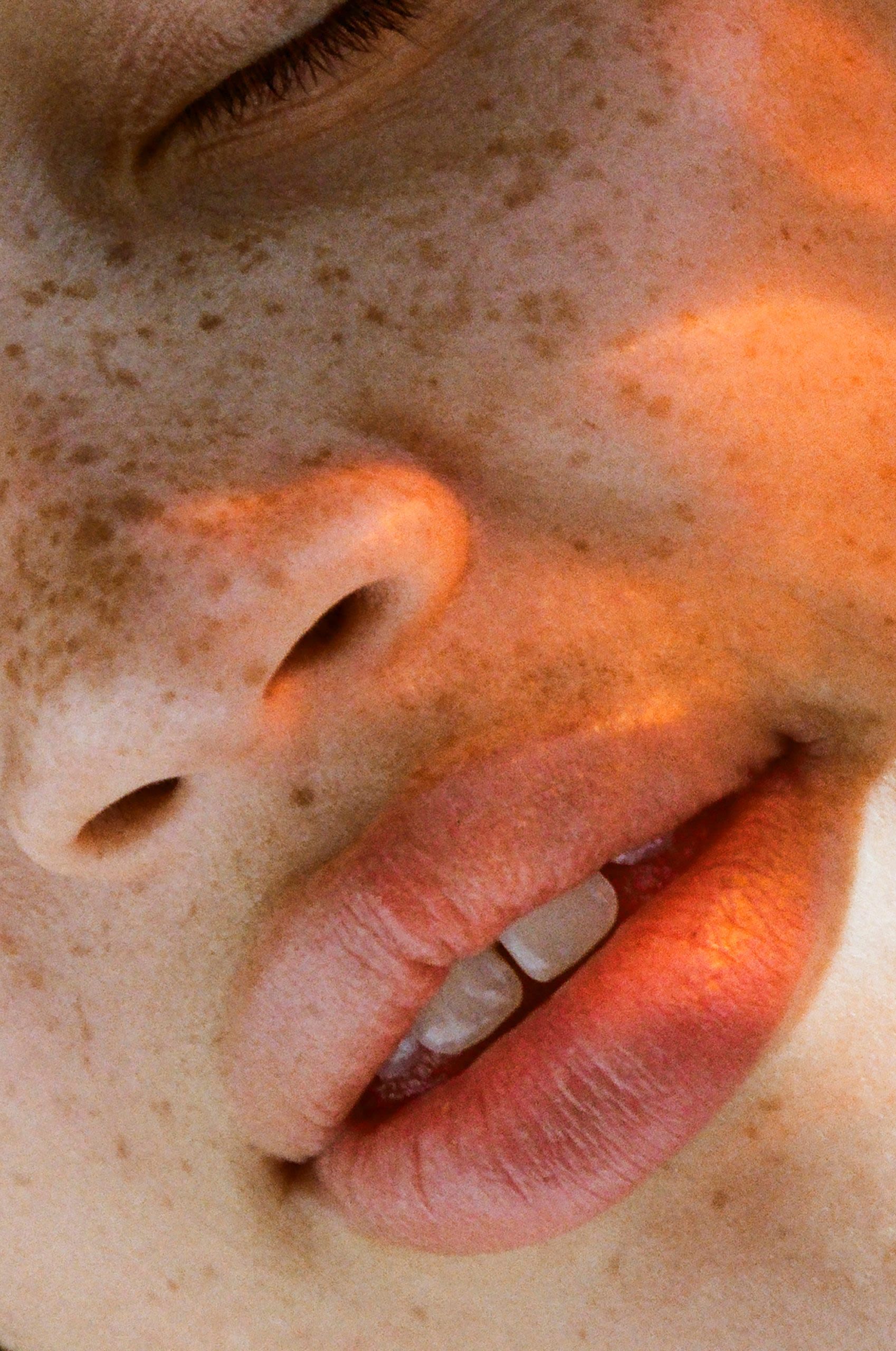I’ve slowly become aware that I’m one of the few women of my peers who’s never had a so-called ‘tweakment’ – Botox and fillers for lips, cheeks or brows.
You now seem to be able to book one of these treatments at dentists, hairdressers, in one of the empty shops turned specialist salons that have recently appeared on high streets up and down the country.
I wanted to find out why so many women are turning to these procedures – personally and culturally. What is the effect of this newfound uniquity on those choosing to have them and on future generations of young women?
Instinctively I assumed that this trend was shaped by patriarchal, unrealistic societal expectations. But as I began to talk to women, a more complex picture emerged. Rather than conformity, this was often about self-determination. Many felt “empowered”. Tweakments may reflect mainstream beauty ideals but so do choices around body hair removal, make-up and hair dye, none of which we judged as harshly.
Arguably, accessibility and affordability democratises what was once an unseen marker of privilege. And yet because stigma remains, they’re rarely discussed publicly or even privately. There are medical and emotional health risks to this secrecy.
I was fascinated by the breadth of thinking and introspection, from the women I met. I don't think this project can, or should, reach a definitive conclusion. Instead, I’d like it to open a conversation. On the surface,‘tweakments’ are about appearance. But their deeper impact is multi-faceted and nuanced, with wide-reaching consequences.
“I became an Aesthetic Practitioner because I had a huge interest in cosmetic enhancements, and I wanted to be a voice in the industry that promotes well being, self care, and a natural ‘less is more’ aesthetic "
Emily, 31